Gamble of the week: a risky bet on coal
Royalty trusts might look enticing as a sector, says Alex Williams. But it's best to keep your distance.
Get the latest financial news, insights and expert analysis from our award-winning MoneyWeek team, to help you understand what really matters when it comes to your finances.
You are now subscribed
Your newsletter sign-up was successful
Want to add more newsletters?

Twice daily
MoneyWeek
Get the latest financial news, insights and expert analysis from our award-winning MoneyWeek team, to help you understand what really matters when it comes to your finances.

Four times a week
Look After My Bills
Sign up to our free money-saving newsletter, filled with the latest news and expert advice to help you find the best tips and deals for managing your bills. Start saving today!
Usually in this column we like to trackdown high-risk stocks that we believemight just surprise the market on theupside, and so deliver outsize returnsto brave investors. But this week wewant to warn you away from a sectorthat we know might look temptingto contrarians, but is more thanlikely a "value trap".
Royalty trusts companies that own the right to a mineor oil well's production, without beinginvolved in the mechanics of getting itout of the ground became popular inthe 1950s as a corporate-tax strategy.Hiving off a royalty over a company'slargest coal or oil fields was a goodway to syphon off profit into a tax efficientvehicle.
Today, the sector looks enticing, withhigh yields on offer. But beware:returns tend to exaggerate the commodity cycle. BP Prudhoe BayRoyalty Trust, for example, collectsroyalties from BP's oil fields in Alaska.Its shares have fallen by 90% since2011, exaggerating the drop in oil andgas. And of all the commodities thathave suffered in the crash, few havedone as badly as coal. That's left coal focusedroyalty trusts looking verycheap indeed.
MoneyWeek
Subscribe to MoneyWeek today and get your first six magazine issues absolutely FREE

Sign up to Money Morning
Don't miss the latest investment and personal finances news, market analysis, plus money-saving tips with our free twice-daily newsletter
Don't miss the latest investment and personal finances news, market analysis, plus money-saving tips with our free twice-daily newsletter
For example, Houston-basedNatural Resource Partners LP (NYSE:NRP) is trading on an estimated price/earnings ratio of just 1.5 and a dividendyield of 31%, according to Bloomberg.Sounds tempting. But we'd avoidit. NRP has royalties over 2.3billion tonnes of coal in Illinois andAppalachia, but as commodity priceshave dived, it's tried to diversify, saysReuben Gregg Brewer in the MotleyFool. Coal made up 94% of its earningsthree years ago. A concerted push intooil means that dependence has shrunkto around two-thirds.
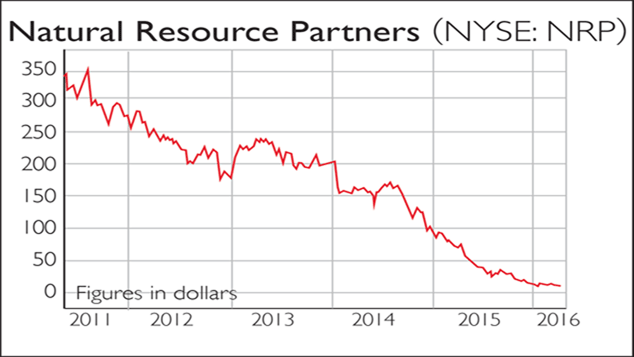
Unfortunately,the expansion drive also means debthas "ballooned" from $840m to $1.4bn just as oil prices joined coal pricesin falling off a cliff. Interest paymentshave more than tripled to $89m ayear, eclipsing dividends last year forthe first time. Just $13m remains ofthe corporate credit facility, forcingmanagement to sell off assets in coaland aggregates at the bottom of themarket. As Brewer sardonically puts it:"If you are looking for tax losses, thiscould be a good candidate."
Get the latest financial news, insights and expert analysis from our award-winning MoneyWeek team, to help you understand what really matters when it comes to your finances.
-
 New PM Sanae Takaichi has a mandate and a plan to boost Japan's economy
New PM Sanae Takaichi has a mandate and a plan to boost Japan's economyOpinion Markets applauded new prime minister Sanae Takaichi’s victory – and Japan's economy and stockmarket have further to climb, says Merryn Somerset Webb
-
 Plan 2 student loans: a tax on aspiration?
Plan 2 student loans: a tax on aspiration?The Plan 2 student loan system is not only unfair, but introduces perverse incentives that act as a brake on growth and productivity. Change is overdue, says Simon Wilson
-
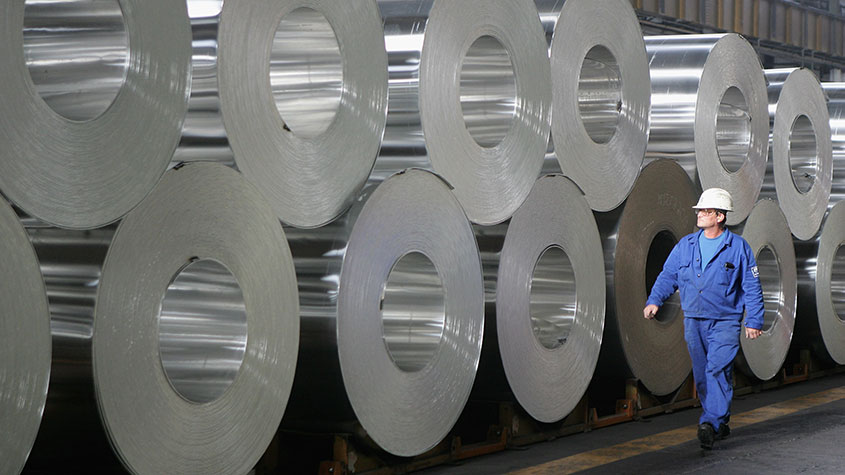 These 2 stocks are set to soar
These 2 stocks are set to soarTips The returns from these two aluminium and tin stocks could be spectacular when the commodity cycle turns says David J Stevenson.
-
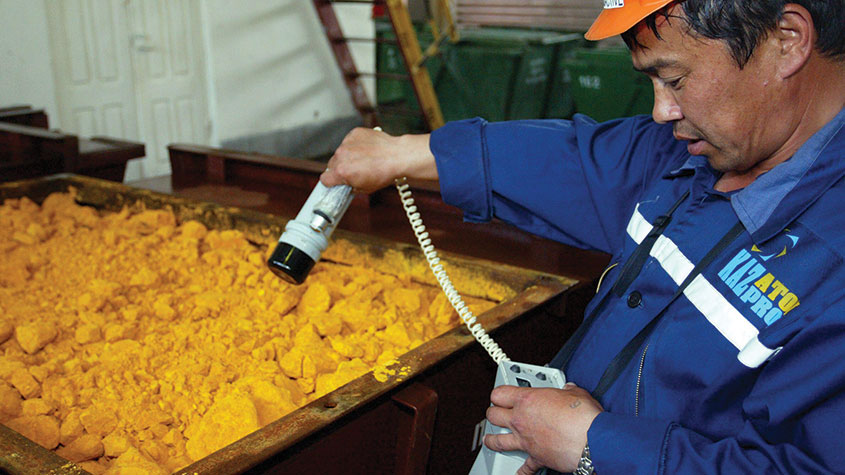 The best ways to buy strategic metals
The best ways to buy strategic metalsTips Weaker prices for strategic metals in the alternative-energy sector are an investment opportunity, says David Stevenson. Here, he picks some of the best ways to buy in.
-
 A lesson for investors from a ill-fated silver mine
A lesson for investors from a ill-fated silver mineAnalysis Mining methods may have changed since the industry’s early days, but the business hasn’t – digging ore from the ground and selling it at a profit. The trouble is, says Dominic Frisby, the scams haven't changed either.
-
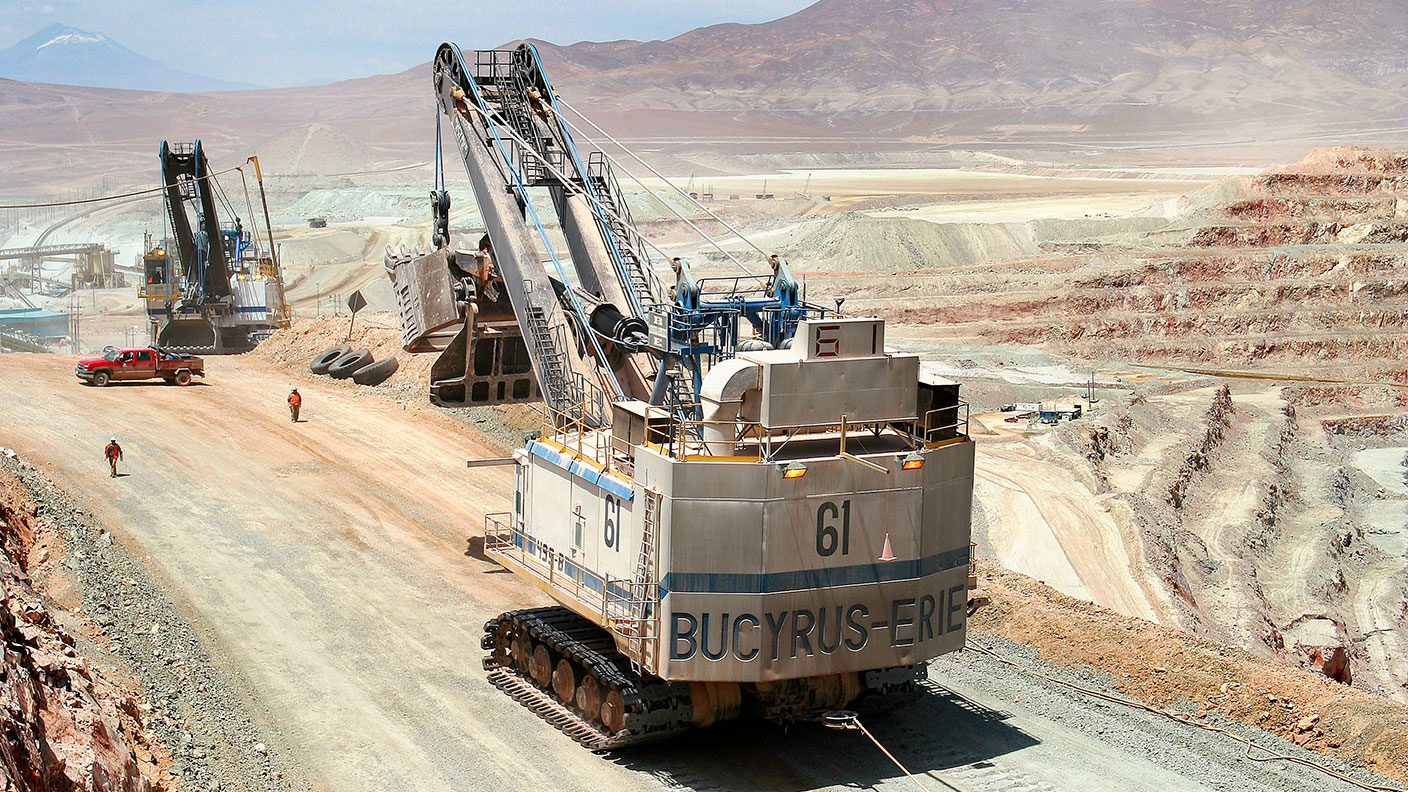 The natural resources industry is in a tight spot – which is bad news for the rest of us
The natural resources industry is in a tight spot – which is bad news for the rest of usOpinion The natural resources industry is in a bind. We need it to produce more energy and metals, but it has been starved of investment, plagued by supply chain issues, and hobbled by red tape. That’s bad news for everyone, says Dominic Frisby.
-
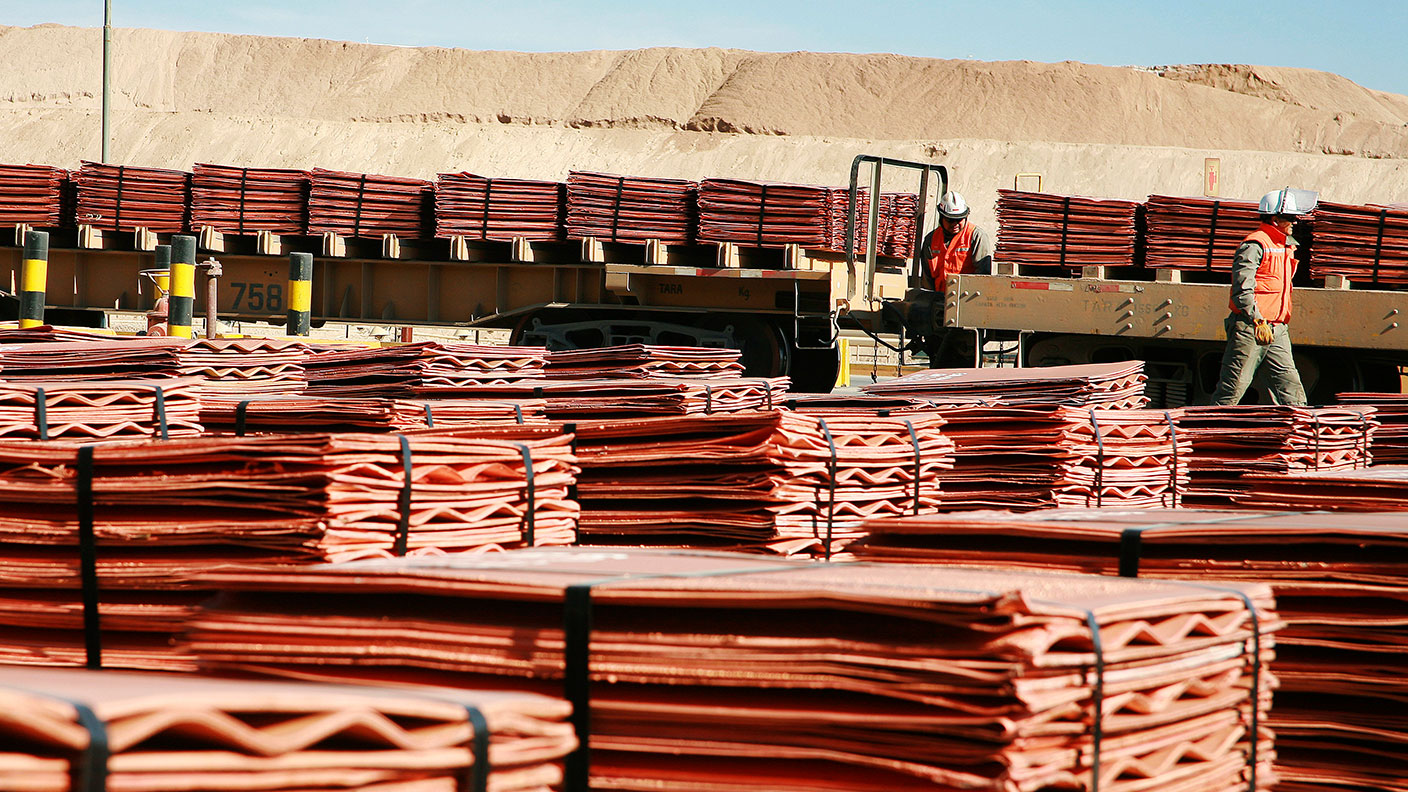 How to invest in the copper boom
How to invest in the copper boomTips The price of copper has slipped recently. But that’s temporary – the long-term outlook is very bullish, says Dominic Frisby. Here, he explains the best ways to invest in copper.
-
 Why investors should consider adding Glencore to their portfolios
Why investors should consider adding Glencore to their portfoliosTips Commodities giant Glencore is well placed to capitalise on rising commodity prices and supply chain disruption, says Rupert Hargreaves. Here’s why you should consider buying Glencore shares.
-
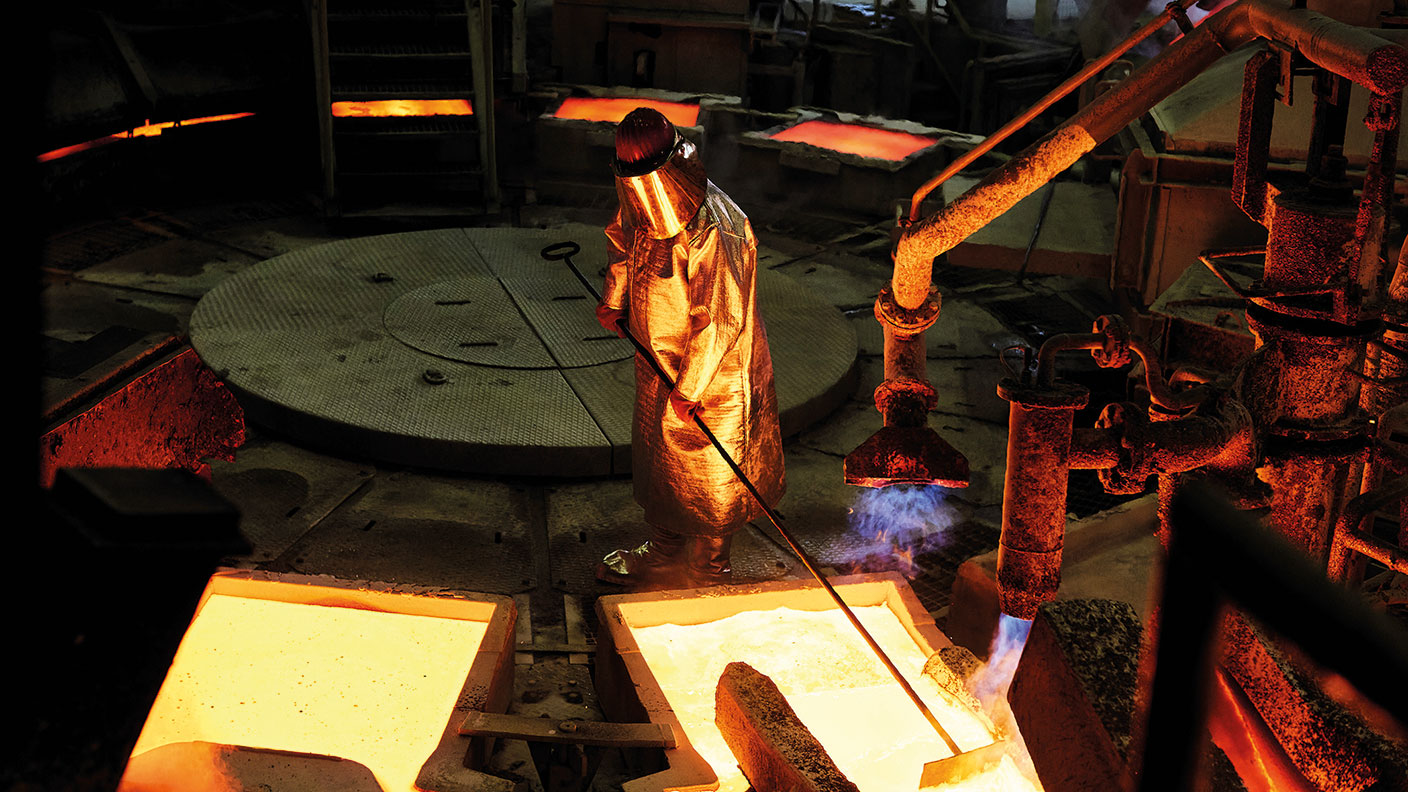 How to invest in the multi-decade boom in industrial metals
How to invest in the multi-decade boom in industrial metalsTips The price of key industrial metals has already begun to rise. The renewable energy transition will take them higher, says David Stevenson. Here's how to profit.
-
 Avoid China’s stockmarket – here’s what to invest in instead
Avoid China’s stockmarket – here’s what to invest in insteadOpinion China’s stockmarket is not a good place for investors to be. But you can't just ignore the world's second-largest economy, says Dominic Frisby. Here, he picks an alternative China play.